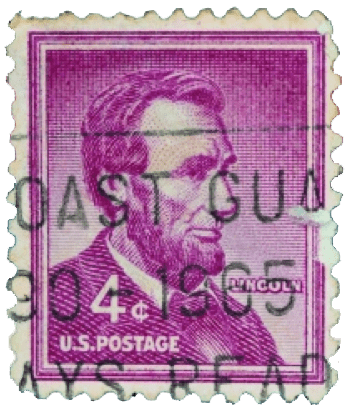For the first time in my life, I find myself wanting to avoid most political conversations. At times, I feel apathetic, even helpless, when confronted with the political system and ideologies here in Canada. The Conservative, Liberal and New Democratic platforms don’t feel relevant to me and, when I vote for the Green Party, I wonder if my one vote really makes a difference.
Then, I listen to those from other countries and recognize a world-wide epidemic of political mis-governance still several steps (even decades) behind current national and global realities. One such reality — people are changing and adapting faster than organizations, particularly bureaucracies that are built for stability and predictability not the shifting complex landscapes of today.
This reassures me. I reckon we are living in the gap of uncertainty that exists between the ending of limiting ideologies and the yet-to-emerge new beliefs. This very familiar and repetitive learning cycle can be found throughout our human and political history. An obvious example showed itself when I viewed the recent Spielberg film, Lincoln. What surprised me — and I was not alone in this — Lincoln was a Republican and the Republicans brought an end to slavery in the U.S. The more people with whom I shared my surprise (ignorance), the more agreement I heard. The result below is a perspective I asked my friend, Lisa, to share.
With the hype of the Oscars and an interest in American history, I went to see Lincoln.
The film was a commercial success grossing more than $253 million at the box office.
Not surprising, Lewis as Lincoln, was Oscar worthy. He brought to life the many traits
of Lincoln the father, storyteller and brilliant political strategist. Throughout the
movie, you felt Lincoln’s heavy heart as he contemplated ending Civil War or ending
slavery. Ultimately Lincoln achieved both . . . but damn, why did he have go to Ford
Theatre that night?!
The real mind-boggling fact for me — Lincoln was a Republican . . . WTF? How can
this be I asked, as I dropped the F-bomb in the theatre? How can the right-wing
Republican Party of Reagan, Bush and Romney possibly claim Honest Abe as their
own? Watching the movie, Lincoln was definitely more like a modern day left-leaning
social Democrat, and my political confusion continued. On the big screen, Lincoln’s
Republican Party looked more like the U.S. Democratic Party of today. Wait a minute
was Spielberg making shit up? The big answer is NO, even though some historical
moments were embellished.
Back to the movie and my political conundrum, if Lincoln were alive today he would
probably be a Democrat. What happened between then and now? Well, the Republ-
icans were liberals (left wing) and the Democrats were conservatives (right wing).
Being a Republican back then is like being a Democrat now. To understand the
ideological shifts in the Republican and Democratic Parties, one must go back into
history. What follows is a snapshot and by no means an exhaustive or scholarly
dissertation.
In the presidential election of 1860, the Republicans, led by Lincoln, won on a platform
opposing slavery and favouring a strong central government. Prior to Lincoln’s inaug-
uration, ten cotton-based slave states formed the Confederacy leading to The Civil War
(1861-1865) and splitting the United States into north and south.
After the war, the South viewed Lincoln and his Republicans as lefties responsible for
ending slavery, destroying the southern economy and creating big government. The
South was predominantly Democratic and many black Americans moved north where
the Republican Party dominated until the great depression.
Here’s where it gets interesting. In 1932, Democrat Franklin Roosevelt was elected
President. His progressive social views and national work projects legislated through
a strong central government began the start of the Democratic ideological shift.
Followed on its heels by another pivotal time period — the civil rights movement and
the subsequent Civil Rights Act of 1964 championed by Democrats John Kennedy and
Lyndon Johnson — caused many southern Democrats who supported segregation
and less power to government to switch allegiance to the Republican Party then seen
as more conservative or ‘right’ thinking. With the election of Ronald Reagan in the
1980’s and the new emphasis on traditional family values, the shift in the South to the
Republican ideology was complete.
Needless to say, American politics came full circle in 150 years from a Republican President who ended slavery to the election of its first black (Democratic) President. With this bigger picture in mind, it raises the question of what can I/we do in Canada to bring about necessary political change?
I am so done with party politics (the old paradigm) and am much more interested in a national strategy that facilitates the country’s unification and service to people and planet, locally as well as globally.
What strategies do you envision for a new Canada? I would love to read your thoughts below.





